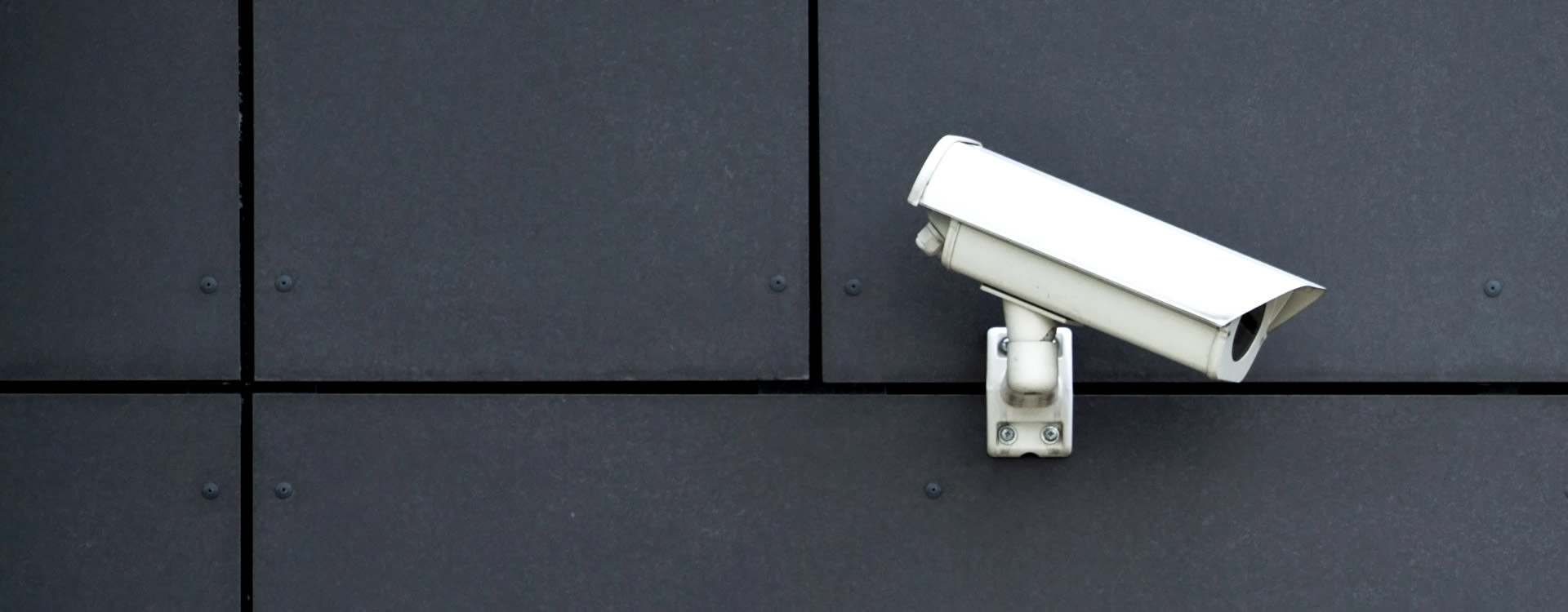As we all know, every business is different. Each business has its own unique challenges when it comes to ensuring complete protection and safety. Unfortunately, we’ve seen numerous examples of people believing they were protected by “one size fits all” systems, when all they really do is provide a false sense of security. This year, one out three businesses will go bankrupt from theft. More than $3 billion dollars in damages will be assessed from business fires Are you able to take the risk that a cookie-cutter system will be able to defend against all the unique problems you face in your day-to-day business?
There are a number of factors that must be taken into account when designing a security system that works for your business. What are the local ordinances and laws that require compliance? How many employees do you have? What other types of buildings surround your business? Hospitals can require certain types of security systems, while manufacturing facilities will require a completely different system.
Many larger security companies are willing to give you a quote on a security system sight unseen. We’ve seen so many problems arise because of this. Many times, these systems won’t work when you need them to – an incident won’t be recorded because a camera was not pointed the right way, or storage was full. Vulnerable entrances left unprotected. Valuable property not monitored properly. There is often fine print that will lock you in to high cost monitoring for extended periods of time, coupled with pricey charges if you need to end your contract early.
Surveillance systems are not the only part of a comprehensive security system though. At Perfect Connections, we believe a complete security system also includes fire protection, access control, burglar alarms, and carbon monoxide detectors, along with 24 hour monitoring. Fire alarm codes differ from town to town. Each company’s access control needs will be different. Burglar alarms and carbon monoxide detectors add important layers to any security system, protecting your property and employees.
With today’s technology, these systems can not only be monitoring 24 hours a day remotely, but can also be viewed with any smartphone or computer. Automatic notifications can be sent to alert you when something at your business happens. Climate controls can be set remote to help save costs on heating and cooling.
When you’re looking to install or upgrade a security system at your business, remember to make sure you’re getting a system that fits the needs and challenges your business faces on a day to day business. While a cookie cutter system may be a bit more affordable than a custom security system, the extra protection and peace of mind you get from knowing that your security system is tailor-made for your business is well worth the investment.





 If you have a security system you might already understand the consequences of a false alarm. It is not something to be taken lightly and can have serious implications. False alarms can happen for any number of reasons and it’s important to understand why and how best to avoid them. No security system is perfect, and false alarms are bound to happen, but as end users and integrators it is our duty to try to minimize them. At
If you have a security system you might already understand the consequences of a false alarm. It is not something to be taken lightly and can have serious implications. False alarms can happen for any number of reasons and it’s important to understand why and how best to avoid them. No security system is perfect, and false alarms are bound to happen, but as end users and integrators it is our duty to try to minimize them. At  The images above show the difference between a parking garage being monitored by a camera with no WDR or WDR turned off on the left, and on the right the same area monitored by a camera with WDR enabled. The difference is clear as day. Why do they differ so much? The camera with the WDR enabled has two internal Charge-Coupled Devices (CCD). The two devices, or sensors, scan an image at different speeds, one low and one high, the image processor then combines the separate images producing a clearer, more balanced picture with better contrast and lighting. This process happens quickly enough to produce a stream of clear recorded footage. There are many different manufacturers that produce these WDR cameras in the market today, and not all of them use the same type of sensor and image processing combinations. The best way to ensure you are getting the best camera for your specific application is to hire a licensed security systems integrator who is educated in which camera specifications will work best in variant conditions.
The images above show the difference between a parking garage being monitored by a camera with no WDR or WDR turned off on the left, and on the right the same area monitored by a camera with WDR enabled. The difference is clear as day. Why do they differ so much? The camera with the WDR enabled has two internal Charge-Coupled Devices (CCD). The two devices, or sensors, scan an image at different speeds, one low and one high, the image processor then combines the separate images producing a clearer, more balanced picture with better contrast and lighting. This process happens quickly enough to produce a stream of clear recorded footage. There are many different manufacturers that produce these WDR cameras in the market today, and not all of them use the same type of sensor and image processing combinations. The best way to ensure you are getting the best camera for your specific application is to hire a licensed security systems integrator who is educated in which camera specifications will work best in variant conditions. stem can be one of the best ways to protect your business from unpredictable threats like fires and burglars. Did you know that not all systems are the same? That’s right there really isn’t a “one size fits all” solution when it comes to securing your workplace, nor should there be. Why? Because no two businesses are exactly the same. Therefore, doesn’t it make sense that a security system should be tailored to a facility’s individual needs? A healthcare facility wouldn’t have all the same security needs as a retail store, right? Right. So how do you go about finding the right system for your business? Your best option is to hire a licensed professional in the security system field who has extensive knowledge and experience. At
stem can be one of the best ways to protect your business from unpredictable threats like fires and burglars. Did you know that not all systems are the same? That’s right there really isn’t a “one size fits all” solution when it comes to securing your workplace, nor should there be. Why? Because no two businesses are exactly the same. Therefore, doesn’t it make sense that a security system should be tailored to a facility’s individual needs? A healthcare facility wouldn’t have all the same security needs as a retail store, right? Right. So how do you go about finding the right system for your business? Your best option is to hire a licensed professional in the security system field who has extensive knowledge and experience. At 